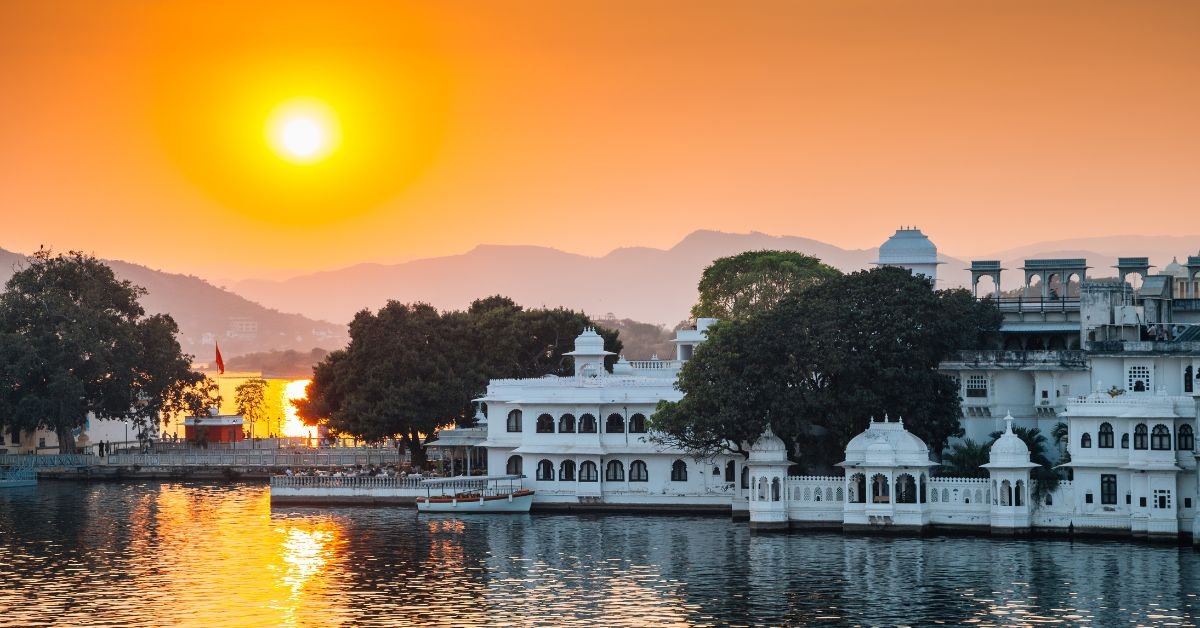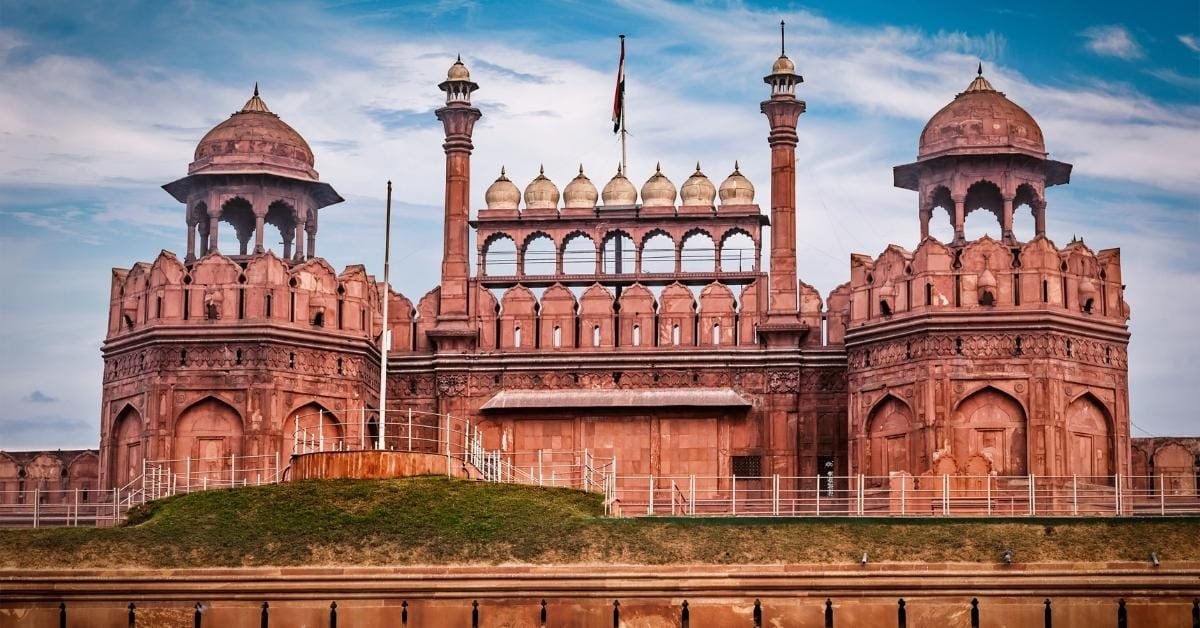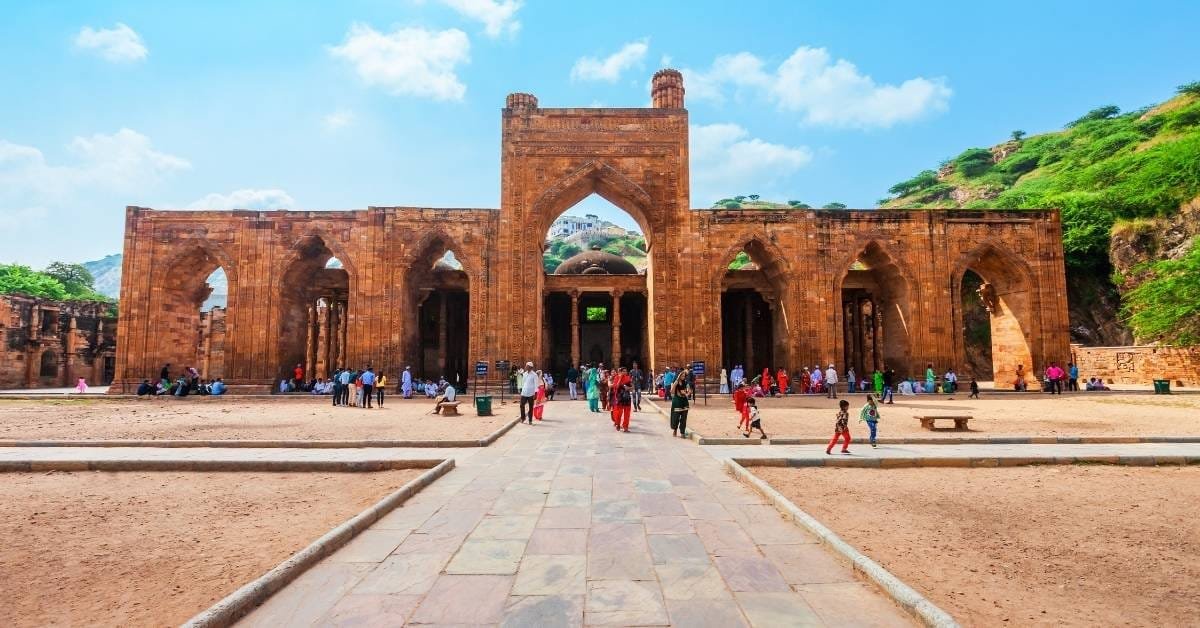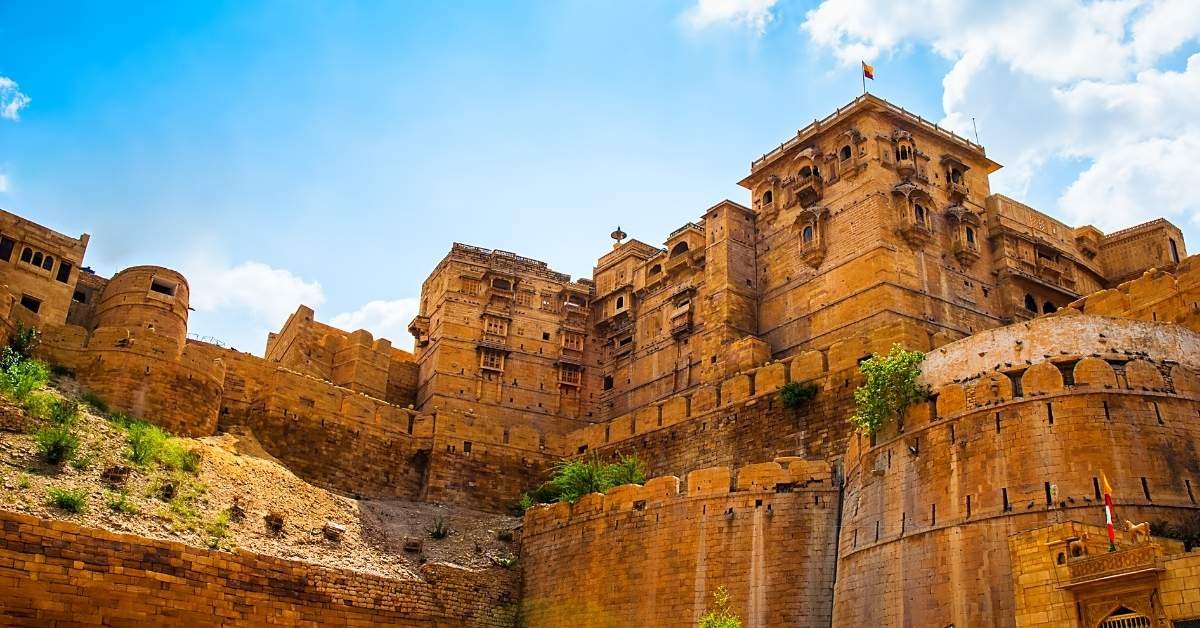When we speak about clean air, we imagine a soft sky and a slow morning breeze that feels light on the skin. But many cities across the country wake up to a different kind of air. The sky looks pale. The light feels heavy. And people breathe carefully without saying anything. That is why it becomes important to understand the Highest AQI Cities in India, because knowing the truth makes us a little more aware and a little more responsible toward the air we share.
Across India, some cities struggle with smoke, dust, industrial fumes, and slow-moving air that does not clear easily. These cities face long days of pollution, and the people who live there quietly learn to adjust to the heaviness around them. Experience My India brings this list with information that helps the reader see why each place struggles, and what lies behind the numbers we rarely pay attention to.
1. Delhi – High AQI due to traffic smoke, winter smog, and stubble burning
Delhi stands at the top when we talk about air pollution. Thick winter smog settles over the city for days, turning mornings into slow grey hours. Thousands of vehicles move across the city every day, releasing smoke that mixes with dust rising from construction. And when stubble burning happens in nearby states, the smoke floats into Delhi and stays there because the cold air does not let it rise. Delhi stays one of the Highest AQI Cities in India because all these things come together and make the air struggle to stay clear.
2. Ghaziabad – Heavy construction dust and busy roads increasing pollution
Ghaziabad grows quickly, and the city carries the signs of fast development. New buildings rise, old ones come down, and the dust from these sites floats into the air throughout the day. The roads remain busy, and the movement of large vehicles spreads more dust across the city. During winter, a thick haze rests over the roofs, making the air feel still and heavy. Ghaziabad remains among the Highest AQI Cities in India because construction and traffic leave very little space for clean air.
3. Noida – Rapid development and constant traffic pressure affecting air quality
Noida shines with modern offices and wide roads, but the air around them does not feel as fresh. Construction adds new dust every day. Vehicles move in long lines during office hours. And small industries in nearby zones add fumes that slowly spread through the air. Winter worsens the problem because the smoke stays close to the ground. That is why Noida continues to remain in the list of Highest AQI Cities in India.
4. Faridabad – Industrial smoke and rising city dust creating thick air
Faridabad carries decades of industrial activity. Factories run throughout the day, and the smoke rising from them becomes part of the air. The roads stay filled with dust, and the winter air does not allow the pollution to move away quickly. Even evenings feel hazy when the chimneys release more smoke. Faridabad stays among the Highest AQI Cities in India because controlling industrial pollution takes time and steady effort.
5. Meerut – Waste burning and dense markets increasing pollution levels
Meerut holds old markets, crowded roads, and open areas where waste is sometimes burned quietly. The smoke rises slowly and hangs in the air. Traffic adds more dust to this mix. During winter, the cold breeze traps the smoke close to the ground, making mornings look blurry. Meerut remains one of the Highest AQI Cities in India because the pollution spreads through small but constant sources across the city.
6. Kanpur – Industrial fumes and old factories causing long-term air issues
Kanpur has always been an important industrial city. Tanneries, mills, and factories have worked here for generations. But the smoke, dust, and chemical fumes released over the years have slowly made the air tired. Winter smog adds another layer of pollution that does not clear easily. People feel irritation in their eyes and heaviness in their breath. Kanpur stays in the list of Highest AQI Cities in India because the pollution comes from many deep-rooted sources.
7. Patna – Road dust, waste burning, and winter haze reducing visibility
Patna sits close to the river and moves with warmth, but its air has become heavier in recent years. Busy roads lift up dust throughout the day. In some areas, rubbish is burned, and the smoke drifts through the lanes. Winter brings fog that mixes with the smoke and makes the air feel thick. Patna remains among the Highest AQI Cities in India because its pollution moves slowly and spreads across the city.
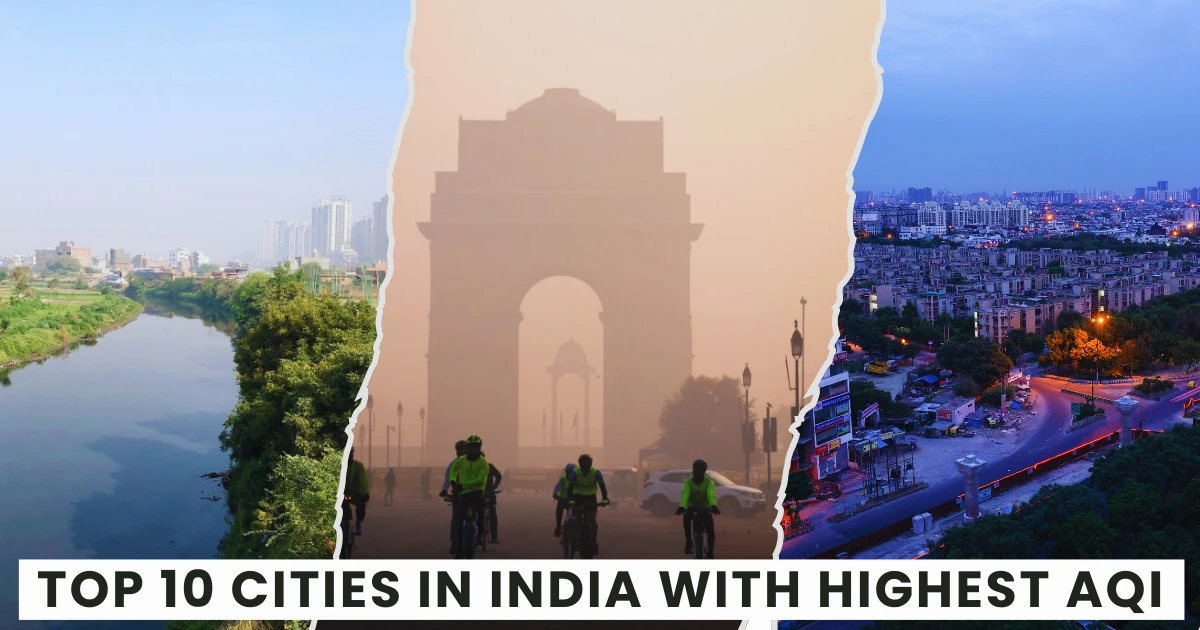
8. Lucknow – Traffic growth and construction work lowering air freshness
Lucknow carries grace in its culture, but the air does not share that ease. More vehicles run on the roads every year. Construction work spreads dust into the air. And winter holds the pollution close to the ground. People wake up to hazy mornings, and the sky feels unclear. Lucknow finds its place among the Highest AQI Cities in India because the city’s growth brings challenges to the air around it.
9. Jodhpur – Desert dust and dry winds raising particulate levels
Jodhpur stands under the open desert sky, but the dry winds carry fine dust from the land around the city. This dust floats in the air and creates a constant haze, especially on windy days. Construction and traffic add more particles to the air. As a result, the city often experiences high pollution even without heavy industries. Jodhpur appears among the Highest AQI Cities in India because the desert air carries dust that never fully settles.
10. Bhiwadi – Strong industrial influence and heavy vehicle movement
Bhiwadi sits close to major industrial zones, and the factories around it release fumes that mix into the air. Heavy trucks move through the roads day and night, adding more smoke and dust. Even clear days feel slightly hazy because the pollution stays in the air for long hours. Bhiwadi remains one of the Highest AQI Cities in India because the industrial activity around it shapes its air more than natural wind or sunlight.
When we look at these cities together, we understand that clean air cannot be ignored. It is needed for every breath, every morning, and every small moment of life. Experience My India shares this information so travellers and families can understand the quiet struggle of these cities and the need to bring small but steady change.
Contact Experience My India Today:
📞Call Us:+91 7037550028
📲WhatsApp Us:+91 7037550028
🌐Visit Our Website: Experience My India
FAQs
- What is AQI
AQI shows how clean or polluted the air is in a place. - Are high AQI cities unsafe
They are safe to visit, but the air may feel heavy on sensitive days. - Why do metro cities have high AQI
They face more traffic, construction, and industrial activity. - Does weather affect AQI
Yes, winter increases pollution because the cold air traps smoke. - Can breathing high AQI air be harmful
Long exposure may affect the lungs and make breathing harder. - Does rain help reduce AQI
Rain washes away dust and gives temporary relief. - Why are desert cities polluted
They face natural dust carried by strong winds. - How can people protect themselves
Using masks, air purifiers, and avoiding peak pollution hours helps. - Does waste burning increase AQI
Yes, the smoke from burning waste adds harmful particles to the air. - Can AQI improve over time
Yes, cleaner fuel, trees, better waste control, and city planning can slowly improve the air.









